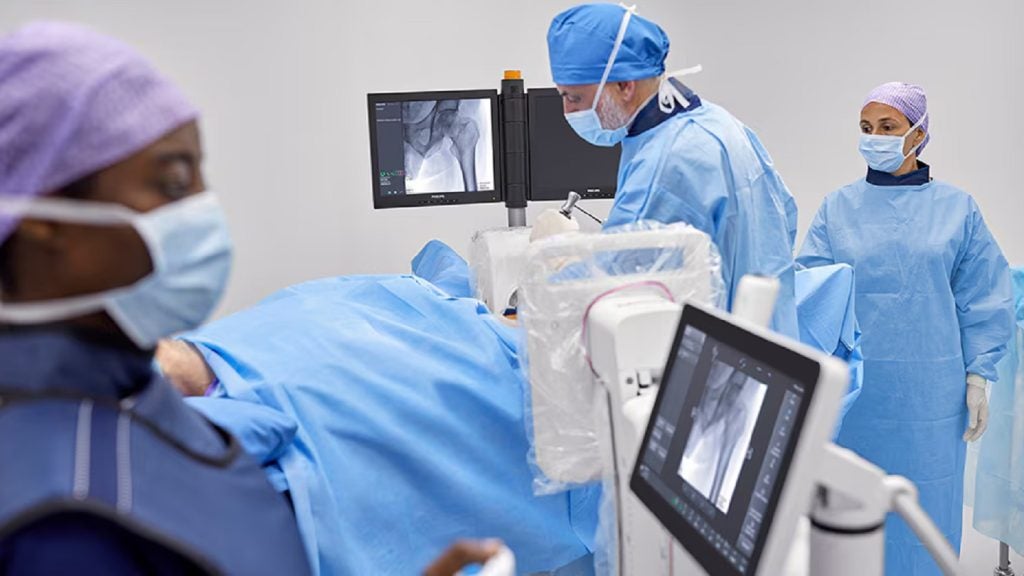Royal Philips has launched a new anatomically intelligent ultrasound (AIUS) tool for cardiac ultrasound imaging during the American Society of Echocardiography’s annual meeting in Boston, Massachusetts, US.
Unveiled on the company’s EPIQ 7 ultrasound system, the HeartModel tool is designed to help clinicians quickly, easily and confidently assess disease states, determine treatment and guide related therapies.
The tool features a digital database of anatomical structural models and adaptive system technology, and can access advanced clinical information that automatically adapts to variability in patient anatomy.
This knowledge-based identification and patient-specific adaptation offers proven quantification of the left ventricle and atrium, and display of routine apical views.
University of Chicago Medicine non-invasive cardiac imaging laboratories director Dr Roberto Lang said: "Traditionally, collecting and analysing heart measurements have been time-consuming, difficult processes with resulting variability that can impact diagnostic confidence.
See Also:
"Philips’ HeartModel helps take the variability out of critical cardiac ultrasound measurements and enables time savings, broader applicability and accurate data to inform better delivery of care."
How well do you really know your competitors?
Access the most comprehensive Company Profiles on the market, powered by GlobalData. Save hours of research. Gain competitive edge.

Thank you!
Your download email will arrive shortly
Not ready to buy yet? Download a free sample
We are confident about the unique quality of our Company Profiles. However, we want you to make the most beneficial decision for your business, so we offer a free sample that you can download by submitting the below form
By GlobalDataHeartModel was three to six times faster than legacy 2D exams in gathering left ventricular and atrial dimensions and volumes (LV and LA) during a recent comparison, while offering several benefits of 3D imaging.
Philips’ EPIQ 7 ultrasound system is designed to enhance automation and reproducibility to help address some of the most critical strains on overburdened hospitals and healthcare systems challenged to provide higher quality care at a lower cost.
HeartModel is scheduled to be made available on the EPIQ 7 system in the US from August, and worldwide by the end of 2015.





